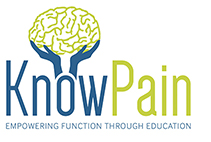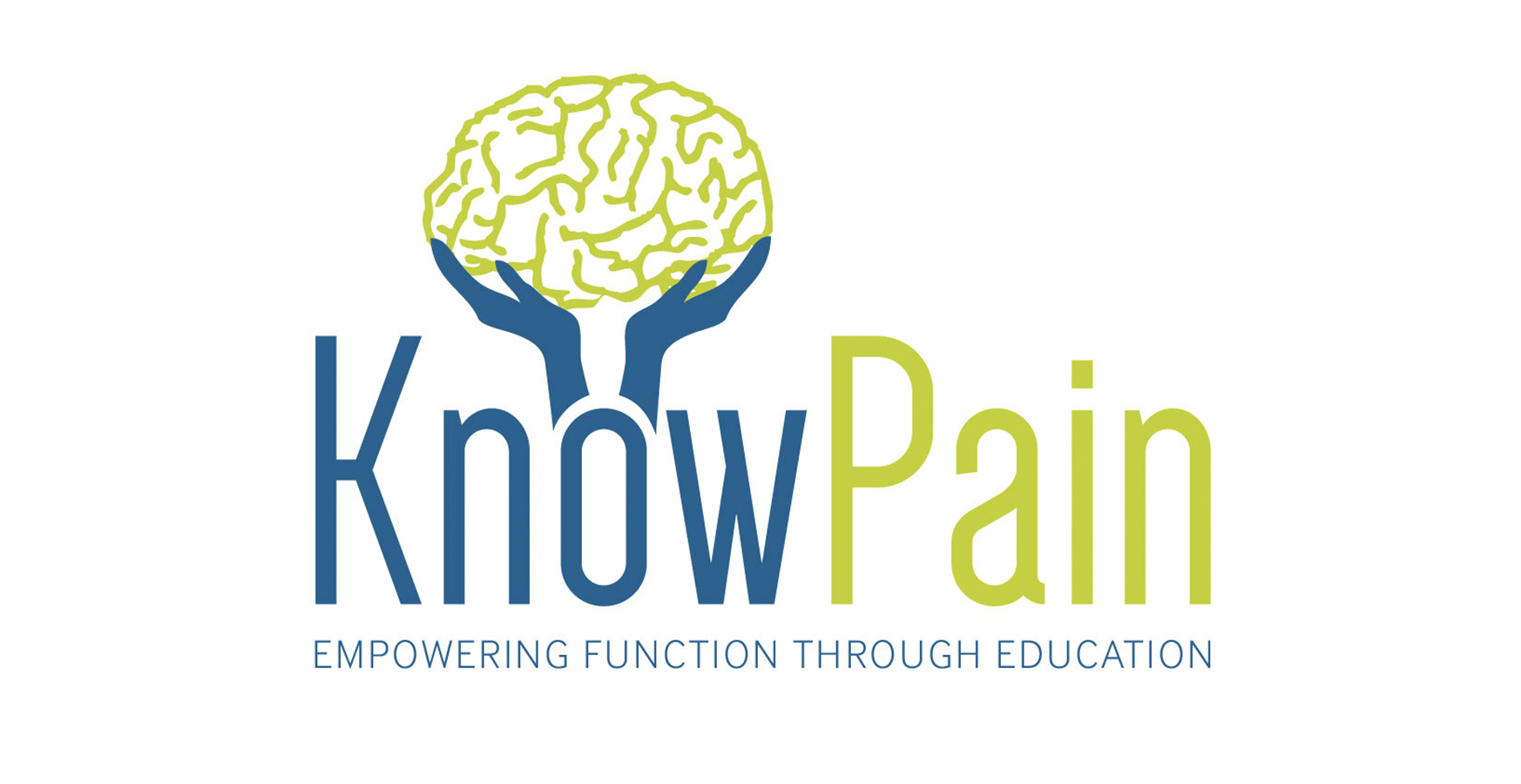Effective communication in healthcare is a doddle. You talk, they listen, job done! Who needs to learn about how to communicate? I know stuff about healthcare and I have a mouth to tell other people about it. Simples! As that rather bedeviling little meerkat might say!
We’ve all met this healthcare professional. Maybe they’re your colleague? Maybe during that time you had to attend A&E following that freak llama related fracas? Or, maybe it’s you? If so, please continue to read this blog. I promise you three things:
- It won’t be too long. (Is it just me or should a blog be about the right length to boil the kettle, have a cup of tea and possibly, if you’re lucky, a custard cream? Ok, you’re right, 3 custard creams!).
- You will get to laugh at my expense.
- You will be provided with an opportunity to learn something (Legal disclaimer: I hope).
Many moons ago, as a recently qualified physiotherapist, I had the pleasure of treating an elderly lady who’d fallen and sprained her ankle. Armed with my considerable anatomical and pathological knowledge of such traumas, I empathised with her (I had not long gone over on my ankle whilst jogging past a group of attractive, young ladies). I then began to impart my mid 1990s knowledge of acute ankle sprain rehabilitation.
“All you need to do Brenda is keep wriggling your toes, occasionally spell words with three or more syllables in mid air with your foot and, of course, ice it.”
Imagine my surprise when Brenda came back for her next appointment with an ankle that still looked hot and swollen. “Have you been compliant with your prescribed regime Brenda?” I asked suspiciously. “Most certainly! I’ve embarked on an unremitting peregrination of rehabilitation.” Although her ankle remained unchanged, Brenda’s vocabulary had greatly improved.
“How come your ankle is still so swollen then? Have you been icing it regularly?” The magic bag of peas had clearly not been applied. “I have tried Mike, I promise, but it takes so long. I’ve only managed mornings and evenings.”
Upon further interrogation, it became clear that Brenda had mistaken my advice to “ice it” and had instead been spending a considerable amount of time making and then applying cake icing to her foot!
Something had clearly gone wrong here. Granted, Brenda’s interpretation of my words did seem a tad unusual, but it takes two to tango and we’d clearly been treading on each other’s toes.
I later discussed this horror story of miscommunication with my colleagues. Once they’d picked themselves up off the floor, I was given a sound piece of advice which has remained with me ever since. “Be sure to taste your words before you spit them out.”
As clinicians, we gradually develop a variety of technical skills to add to our practice toolkit. Whilst we must endeavor to continually develop a wide range of skills, without an appreciation of the essential role that communication plays throughout our careers, our ability to facilitate a shared understanding will not meet the demands of contemporary practice-based education.
Thanks for taking the time to read this short but surprisingly sweet reflection. Keep attending to what you say and how you say it. I’ve got more bizarre tales of healthcare miscommunications to come. I’ll also discuss cultural competency and healthcare miscommunication within the media. In the meantime, I’ll leave you to that third custard cream.

